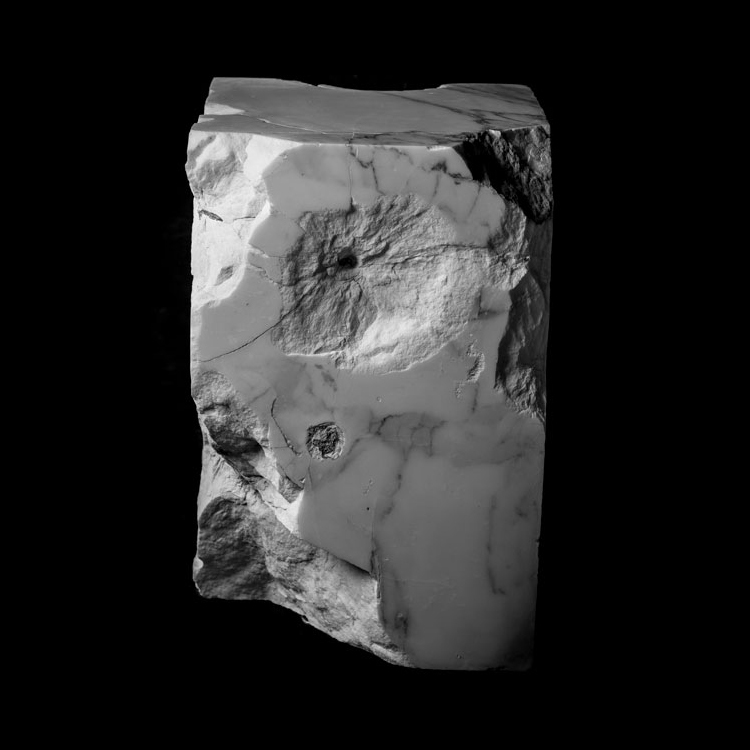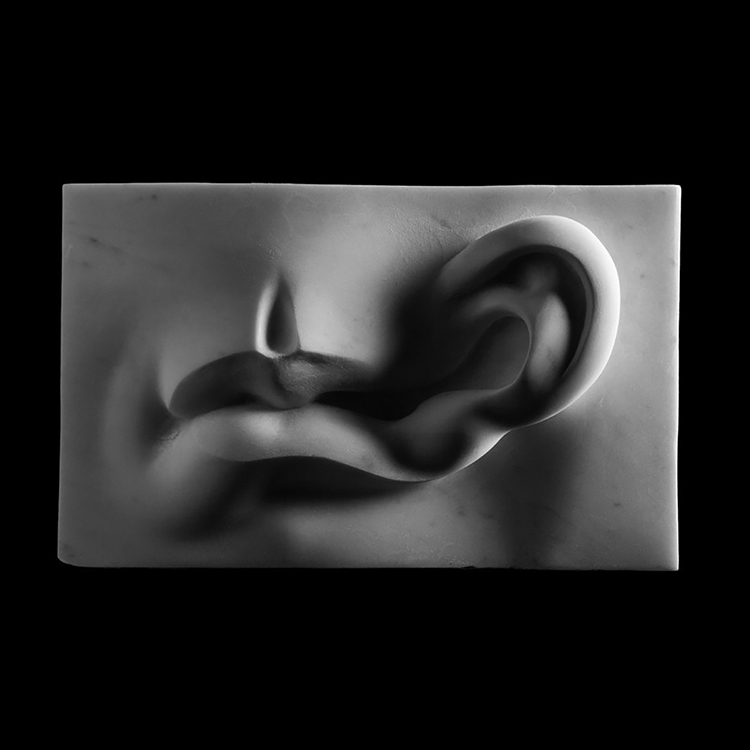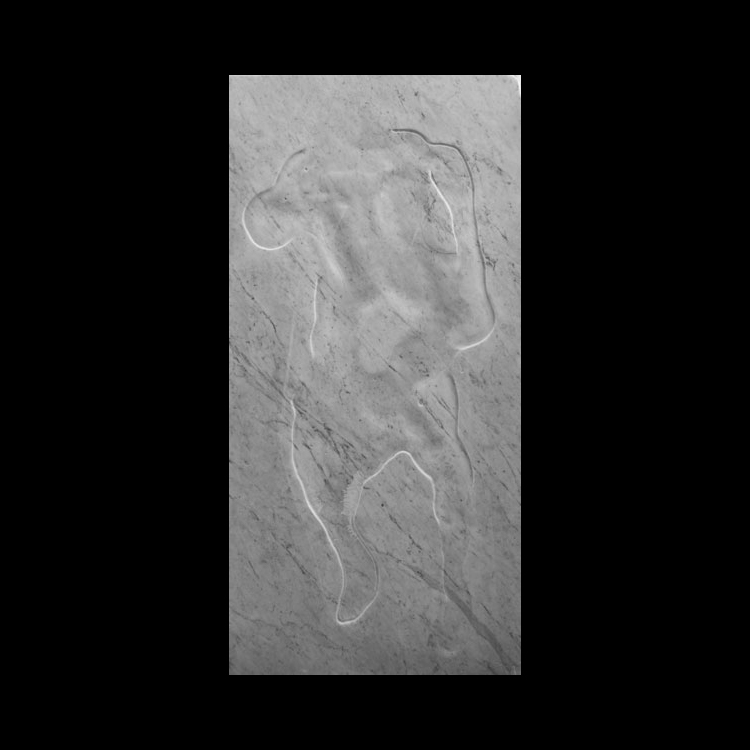Artistic Tales In The Congo
Written by Rebecca Anne Proctor
Harper’s Bazaar Arabia
2 September 2019
The 6th edition of the Biennale de Lubumbashi in DRC has an ambitious mission: To probe the possibility of repurposing the cartography of the world
The 6th edition of the Biennale de Lubumbashi in DRC has an ambitious mission: To probe the possibility of repurposing the cartography of the world
As the art world continues to set its eyes on the rife market for African contemporary art, so too are the continents’ art biennials, festivities and institutions receiving increased attention from outside. An example is the upcoming Lubumbashi Biennial entitled Future Genealogies, Tales from the Equatorial Line running from 24 October to 24 November 2019.
Curated by Sandrine Colard, a professor of the University of Rutgers who holds a PhD in the history of modern and contemporary African art, this edition will explore the possibilities of redrawing the map of the world. Congo is one of seven African countries that cross the equator and claims the longest segment of parallel land on the continent, placing it not only in the heart of Africa but at the centre of the globe. The DRC is at the intersections of the northern and southern hemispheres.
This edition is inspired by Cameroonian philosopher Achille Mbembe’s notion of “deocompartmentalization. “There is not a part of the world whose history does not have an African dimension, just as there is an African history only as an integral part of the world,” he wrote in Writing Africa-World (2017). The Lubumbashi Biennial thus attempts to collapse the paradigms of center and periphery and north against south.
Participating artists from Africa and abroad include Filipa César, Délio Jasse, Jihan El-Tahri, Pélagie Gbaguidi, Athar Jaber, Ibrahim Mahama, Do Nsoseme Dora, Alain Nsenga, Dorine Mokha, Wendy Morris, Hilaire Balu Kuyangiko, Steve Bandoma, Georges Senga, Pamela Tulizo, Pathy Tshindele, Uriel Orlow, Jean Katambayi Mukendi, Younes Baba Ali, Sarah Mukadi Kadima, Leonard Pongo, Grace Ndiritu, Mega Mingiedi, Onejoon Che, and Géraldine Tobé Mutumande.
“There are more international artists because the biennale is becoming more widespread and renown, building on the work of previous years,” says Colard. “New for this edition of the biennale are the Forum Days, a series of lectures and conferences with local and international scholars, thinkers and artists.”
One participating sculptor, Athar Jaber, born in Rome to Iraqi parents, whose work is taking place at Picha, an independent initiative operating from Lubumbashi that supports and promotes artistic creation in the DRC, and is supported by AFAC (Arab Fund for Arts and Culture) is creating a piece that explores the topic of structural and systemic violence. “These are the hidden dynamics that maintain the current state of things as they are and the policies enforced by domination and exploitation,” says the artist.
“The history of Congo perfectly illustrates this point: The country has been dominated and exploited for more than a century in order to support the wealthy lifestyle of the developed world. Being a sculptor, I try to reflect on these topics and express my thoughts through stone carving and the incorporation of stones within my installations.”

The biennial is also taking place in a year that it believes is pivotal to modern history. “It is a time when many African countries are about to celebrate the sixtieth anniversary of their independence, when the Berlin Wall will have fallen almost exactly forty years ago, and where the global upheaval of 1968 will have a little more than 50 years old,” says the biennial’s curatorial statement.
“These events have largely shaped the post-socialist and post-colonial ‘constellation’ in which the world has evolved since then.” There are also signs of climate change underway, new waves of feminism and migration across the globe that is bringing us, it states, “into a new era.” How does art reflect on these changes. Artworks in Lubumbashi provide some answers. biennaledelubumbashi.org
Share article
































